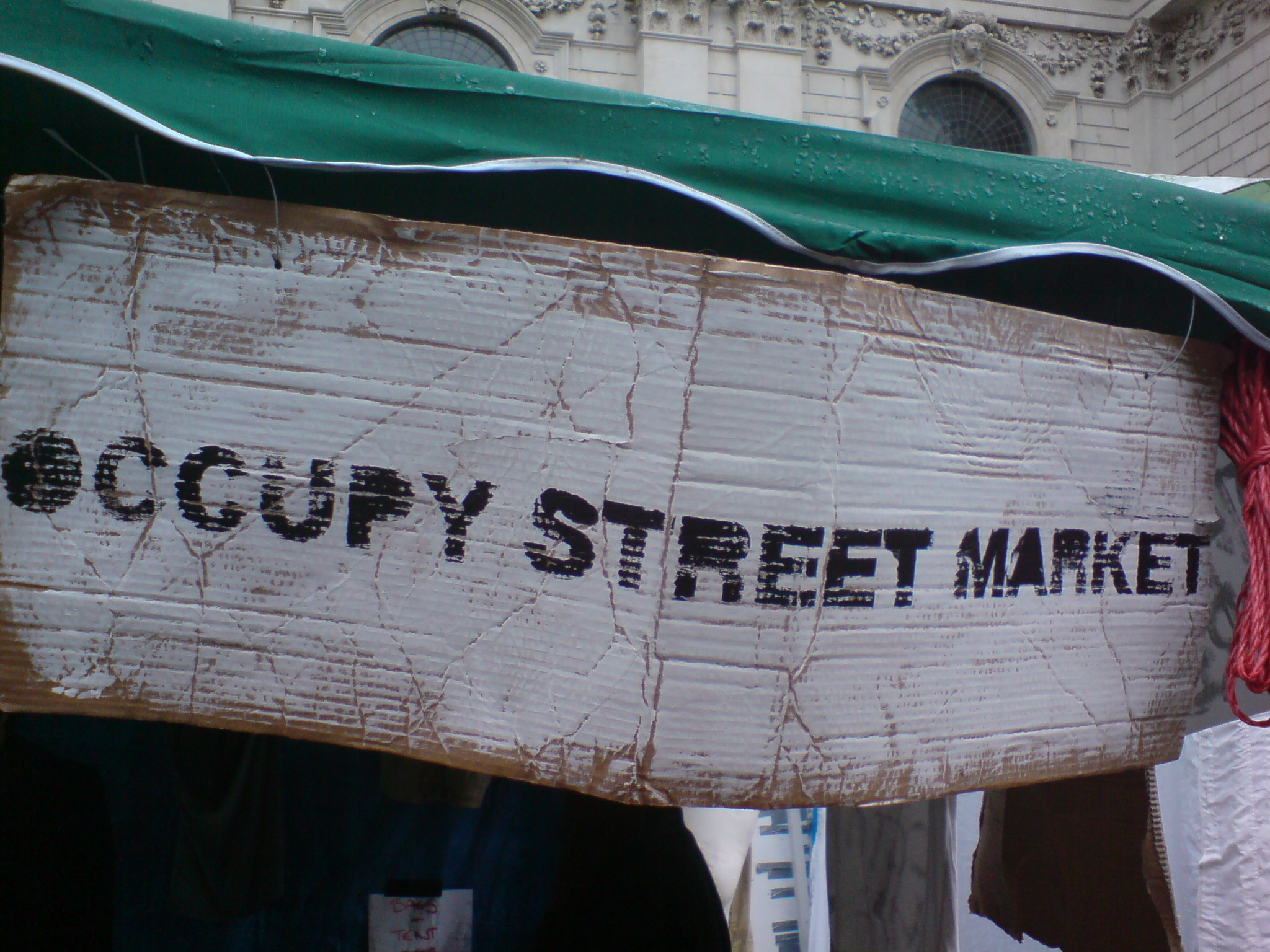Two ongoing stories demonstrate with pellucid clarity how populism gains first a foothold and then strength against a political elite which seems to have lost its way entirely.
First is the new business rates. Due to start in April, the new rates are widely predicted to be the final death knell for many small businesses. The rates have not been revised since 2010 and though this is – in uncertain times – not much of a reason for redoing the system, its the one the Government gives. The other reason for the revision, which was much vaunted some months ago when the subject started to hit public consciousness, was that the changes would raise £1 billion for Government coffers. But the widespread unpopularity of the measure means we have not heard this justification for some time.
There are two problems with the new business rates. One, they are based on property prices – rateable value is calculated on how much rent the building in question could raise. Two, retailers will be disproportionately hit if they are small businesses rather than huge operations. For instance Amazon – them again – will pay less in business rates for their vast out-of-town warehouses than your local bookshop which may be in a high rent area.
To base business rates on the over heated property market in an economic climate where investment in the real productive economy is falling off a cliff, as money is put into high returning property, is madness. My local corner shop is in Inner London where revenue from property soars ever higher. Mehmet thinks he may have to shut up shop in April – caught in the false value attached to his shop for being in an area full of red hot property. He clearly can’t move alongside Amazon or Tesco in some out of town, cheaper area, because there will be no customers there.
A point that has failed to impress Sajid Javid, the Business Secretary. He has gabbled about transitional help, but to prevent full scale demolition of the small shops and businesses that make our towns and cities livable, he should dump this plan and devise a fair, new system based on value to rate payers and citizens, and on the values of community cohesion.
The other news is that we’re being invited to applaud RBS cutting bonus payouts since its 2008 rescue by taxpayers, when it forked out £1.4bn in a single year in discretionary awards.














